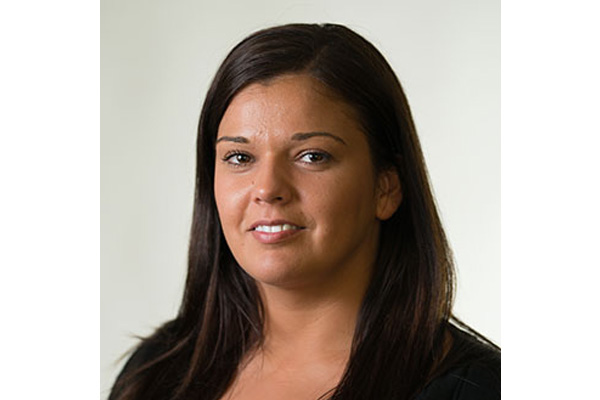From counting blood cells to motion capture, sensors drive patient-centered research
SENSE.nano symposium highlights the importance of sensing technologies in medical studies.
Nonsense can make sense to machine-learning models
Deep-learning methods confidently recognize images that are nonsense, a potential problem for medical and autonomous-driving decisions.
Systems scientists find clues to why false news snowballs on social media
A new model shows that the more polarized and hyperconnected a social network is, the more likely misinformation will spread.
From “cheetah-noids” to humanoids
Benjamin Katz '16, SM '18 is applying the skills he gained working on MIT's mini cheetah robot to the ATLAS project at Boston Dynamics.
David Li wins 2022 Marshall Scholarship
The MIT senior will pursue graduate studies in the U.K., at Cambridge and Oxford universities.
Machine learning speeds up vehicle routing
Strategy accelerates the best algorithmic solvers for large sets of cities.
“Newer, nimbler, faster:” Venus probe will search for signs of life in clouds of sulfuric acid
Report led by MIT scientists details a suite of privately-funded missions to hunt for life on Earth's sibling planet.
A step toward “living biotherapeutics”
Chemical engineers created a coating for microbes that could make it easier to deploy the organisms to treat gastrointestinal disease.
Machine-learning system flags remedies that might do more harm than good
The system could help physicians select the least risky treatments in urgent situations, such as treating sepsis.
Staff spotlight: Yuvie Cjapi
Yuvie Cjapi is a senior administrative assistant to School of Engineering Dean Anantha Chandrakasan, a position she’s held since 2017. Cjapi has worked at MIT since she graduated college in 2015, moving from a position as a customer representative at the credit union in Stratton Student Center, to a position in human resources, and onto […]









